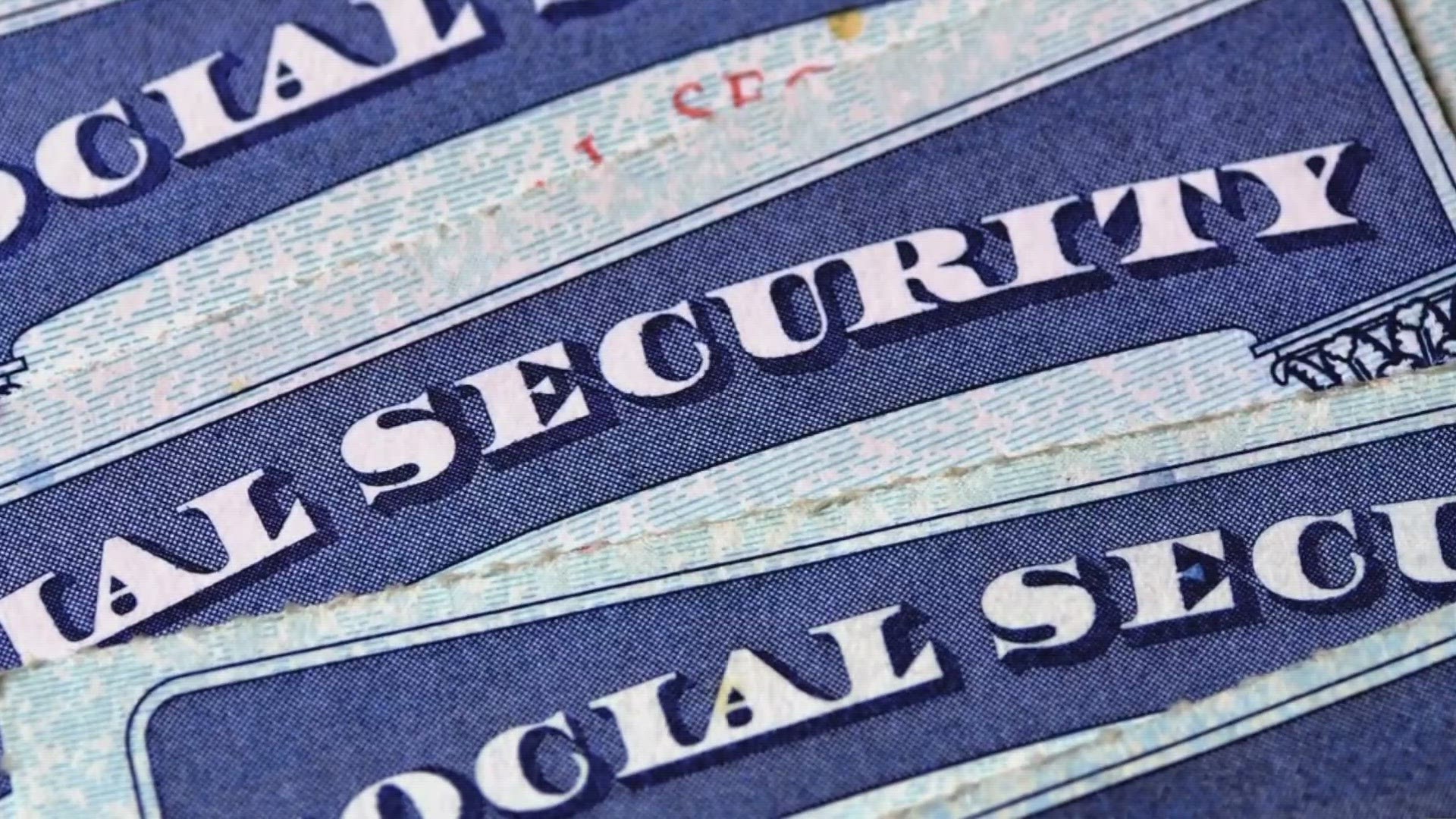BATON ROUGE, La. — Teachers, firefighters, police, and postal workers are just some of the people who say they are being treated unfairly when they retire.
That's because if they also worked in the private sector, they are not allowed to get their full Social Security benefits. And Louisiana has one of the highest number of people affected.
Most state public employees don't pay into social security from their state job's wages, but, if they work a second job, which many do, they can't collect them either.
Susi Zeringue was shocked to find out one day that she owed thousands of dollars to Social Security.
“So, then I started getting letters and they said, ‘Oh no, you've been overpaid,’ So, I think it was about three years they cut my pay until they got their money back,” said Susi Zeringue of Luling.
She gets a retirement pension for working in the St. Charles Parish School Board business office for more than 30 years. She also had another job for 10 years in a private industry where she paid into Social Security but under current law, she is not entitled to her full Social Security retirement amount, or her deceased husband's full amount, because she spent time in the private sector.
“That was my money to begin with, and now they're taking it back, so to speak, because they feel like it's a windfall, which I don't feel is fair,” said Zeringue,
“A lot of people receive absolutely nothing from Social Security. The offset is more than the amount they would earn under it,” explained the former CFO of the St. Charles Parish School Board Jim Melohn.
He says the Windfall Elimination Provision and Government Pension Offset rules started in the mid-1980s, and keeps nearly 47,000 public servants in Louisiana from getting full Social Security retirement payments, because they also worked for state or local government.
“School bus drivers, cafeteria workers, they work second jobs, you know, a lot of them have to do things to make ends meet while they are getting a retirement. The fact that they are working these other jobs like other people, they're being penalized when they go to collect their Social Security,” said Melohn.
Monday afternoon in Baton Rouge, the U.S. House Committee on Ways and Means heard from people penalized by this rule. It was the first time in more than a decade, that they met outside of Washington D.C.
“We are here today to listen to Americans who have been mistreated by flawed provisions in the Social Security program. These provisions have done a disservice to many who chose to work for their communities as firefighters, teachers, police officers, and other public servants,” said committee chairman, Jason Smith, (R) Missouri.
Sixty percent of law enforcement nationwide is penalized by this provision. So are their survivors.
An astonishing 70 percent of all affected by government offset, had their benefits completely eliminated. That means that we paid into a system that won't go to our survivors, like every other American, but it will stay within the system to pay for someone else's benefits. Do we not see out outrageously unfair that is to public employees and their spouses?” National President of the Fraternal Order of Police, Patrick Yoes, told the committee.
But they also expressed frustration that a 40-year-old problem, with bipartisan support, in fact the third most sponsored bill to fix it, still has not passed.
The committee wants people whose retirement pay has been lowered by this rule, to contact them with a written statement by December4.
DETAILS FOR SUBMISSION OF WRITTEN COMMENTS:
Please Note: Any person(s) and/or organization(s) wishing to submit written comments for the
hearing record can do so here: WMSubmission@mail.house.gov.
Please ATTACH your submission as a Microsoft Word document in compliance with the
formatting requirements listed below, by the close of business on Monday, December 4, 2023.
For questions, or if you encounter technical problems, please call (202) 225-3625.
FORMATTING REQUIREMENTS:
The Committee relies on electronic submissions for printing the official hearing record. As always, submissions will be included in the record according to the discretion of the Committee.
The Committee will not alter the content of your submission but reserves the right to format it according to guidelines. Any submission provided to the Committee by a witness, any materials submitted for the printed record, and any written comments in response to a request for written comments must conform to the guidelines listed below. Any submission not in compliance with these guidelines will not be printed but will be maintained in the Committee files for review and use by the Committee.
All submissions and supplementary materials must be submitted in a single document via email, provided in Word format and must not exceed a total of 10 pages. Please indicate the title of the hearing as the subject line in your submission. Witnesses and submitters are advised that the Committee relies on electronic submissions for printing the official hearing record. All submissions must include a list of all clients, persons and/or organizations on whose behalf the witness appears. The name, company, address, telephone, and fax numbers of each witness must be included in the body of the email. Please exclude any personal identifiable information in the attached submission.
Failure to follow the formatting requirements may result in the exclusion of a submission. All submissions for the record are final.

